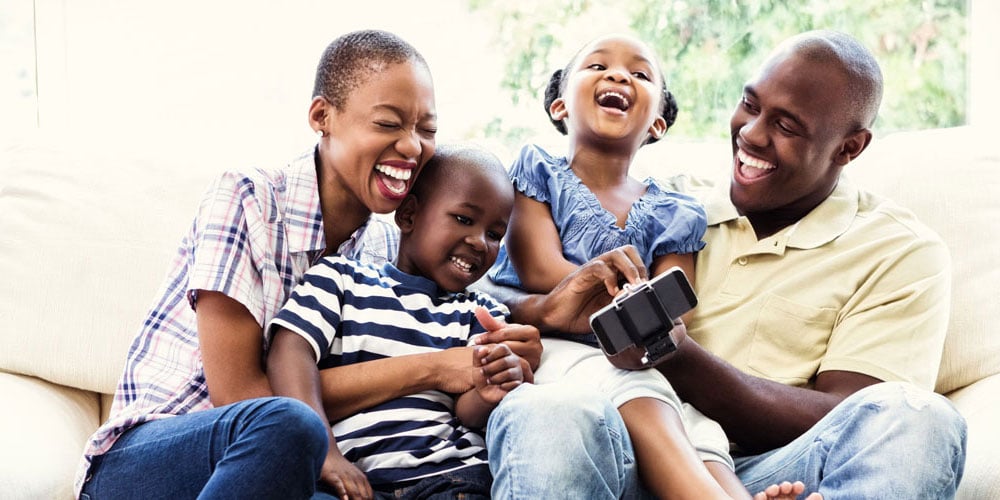- Services
- Patients & Visitors
- For Healthcare Providers
- Research
- Contact
- Pay My Bill
- Careers
- Donate
- My Health Record
- +1 (401) 227-3669
 Why Colonoscopies are Important for the Black Community"
class="bg-img"
fetchpriority="high"
loading="eager"
decoding="async">
Why Colonoscopies are Important for the Black Community"
class="bg-img"
fetchpriority="high"
loading="eager"
decoding="async">
Written By: Women and Infants on September 7, 2021
Colorectal cancer disproportionately affects the Black community. Colorectal cancer rates among Black Americans are the highest of any racial/ethnic group in the U.S., making this community about 20% more likely to get colorectal cancer and 40% more likely to die from it than any other group. That’s why it’s important you talk to your doctor about your personal risk factors for colorectal cancer, and when you should schedule your first or follow-up colonoscopy.
The most accurate screening test for cancer and/or abnormalities of the colon and rectum (both parts of the large intestine) is a colonoscopy. According to the American Cancer Society (ACS), colorectal cancer is the third most common cause of cancer-related death, which is why getting a colorectal screening is so important.
Early detection is key to saving lives because colorectal cancer has a 90% survival rate if caught early.
Speak with your primary care doctor if you notice any of the following:
The American Cancer Society’s colonoscopy screening guidelines recommend people with an average risk of colorectal cancer begin regular screenings at age 45, whether or not they are experiencing symptoms. However, if you have a close relative, such as a parent, sibling, or child, who has had colorectal cancer, your doctor may recommend you have your first colonoscopy earlier than the age of 45. Or, if you’re a Black American, your physician may also advise you to start earlier, as Black Americans are more susceptible to the disease.
If any of the following pertains to you, you may be at a greater risk for colon cancer:
During your colonoscopy, your doctor can see inside the entire length and width of your colon and rectum. They us a flexible, hollow, lighted tube, which has a video camera at the end. This tube (about ½ inch in diameter) is inserted into your rectum, and advanced through your colon, taking pictures along the way. These pictures give the doctor a view of the lining of your colon, so they can examine it, in real-time, for any abnormalities (such as polyps, which are growths that could be the beginnings of cancer).
Here are some common questions associated with a colonoscopy:
The whole process takes approximately half an hour (30 minutes).
Before the colonoscopy you will need to prepare by emptying the contents of your colon. This is done through diet and drinking bowel-cleaning liquids. The exact colonoscopy prep instructions will be based on your physician’s preferences.
Should you experience any of these after your procedure, call your doctor, especially if you have severe or prolonged abdominal pain, fever, chills, severe or prolonged bleeding, or a rapid heart rate.
Schedule a colonoscopy to keep you healthy and living your best life.
Disclaimer: The content in this blog is for informational and educational purposes only and should not serve as medical advice, consultation, or diagnosis. If you have a medical concern, please consult your healthcare provider or seek immediate medical treatment.
Copyright © 2026 Care New England Health System